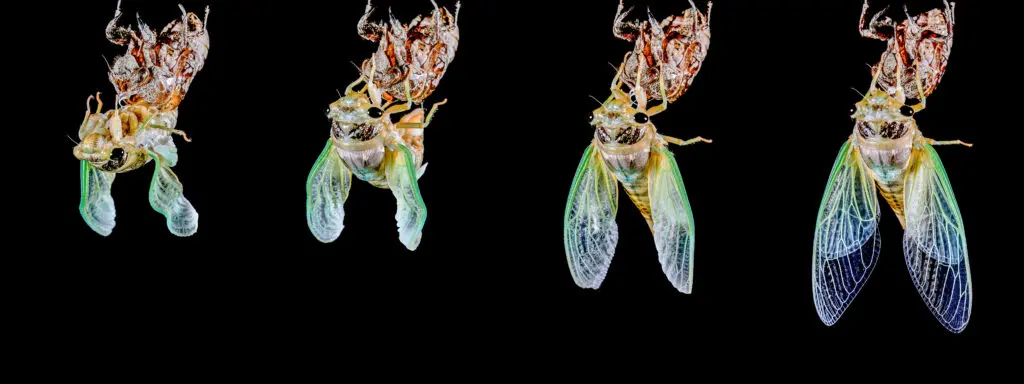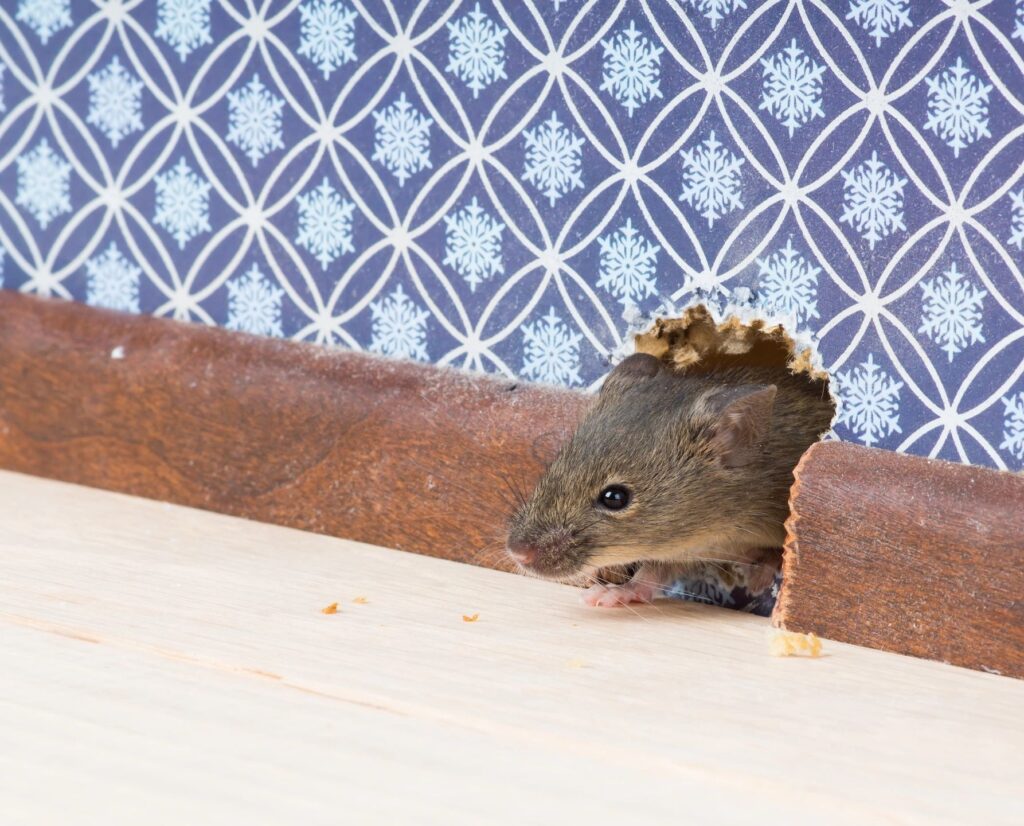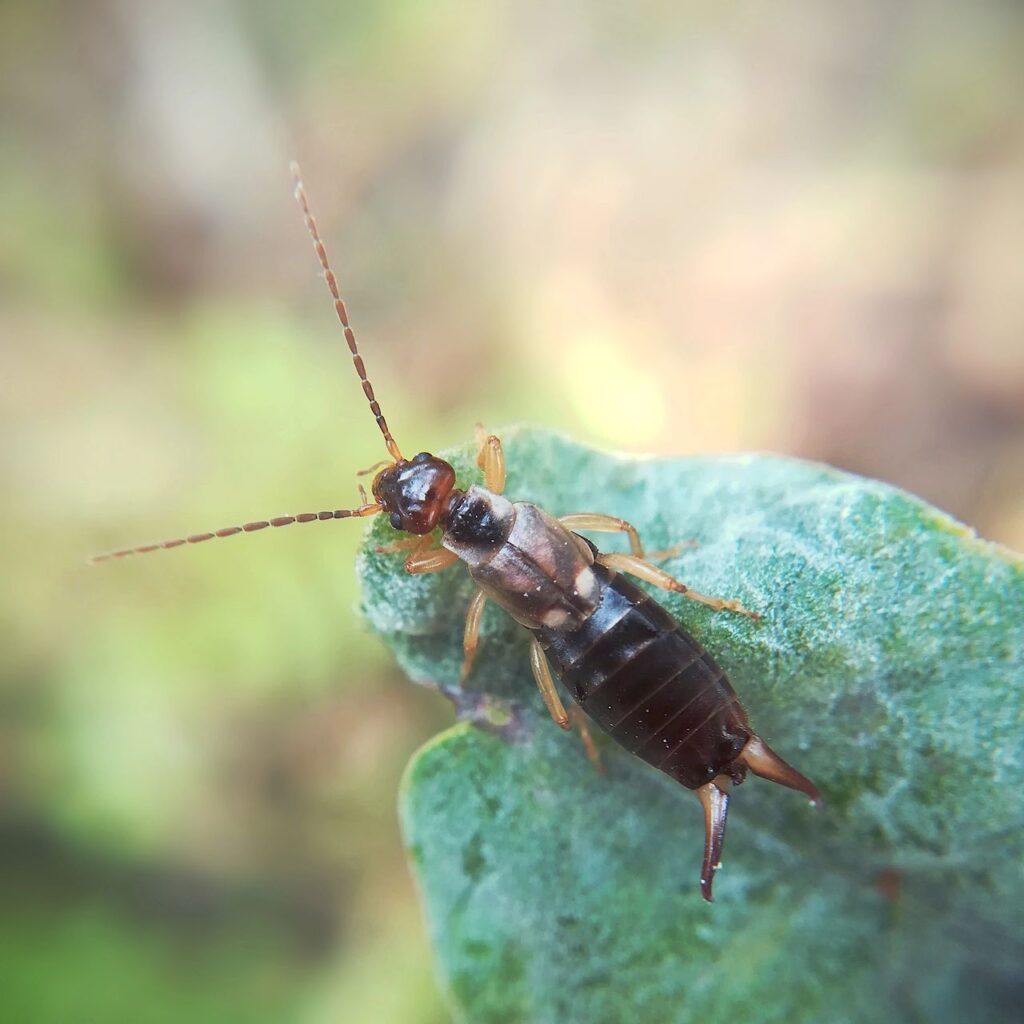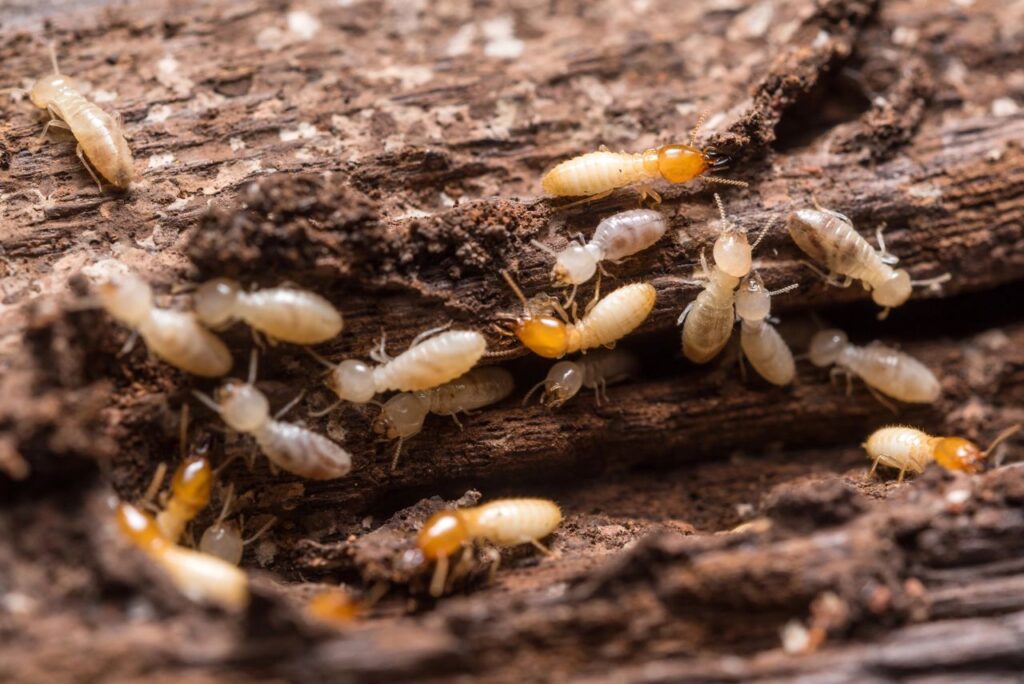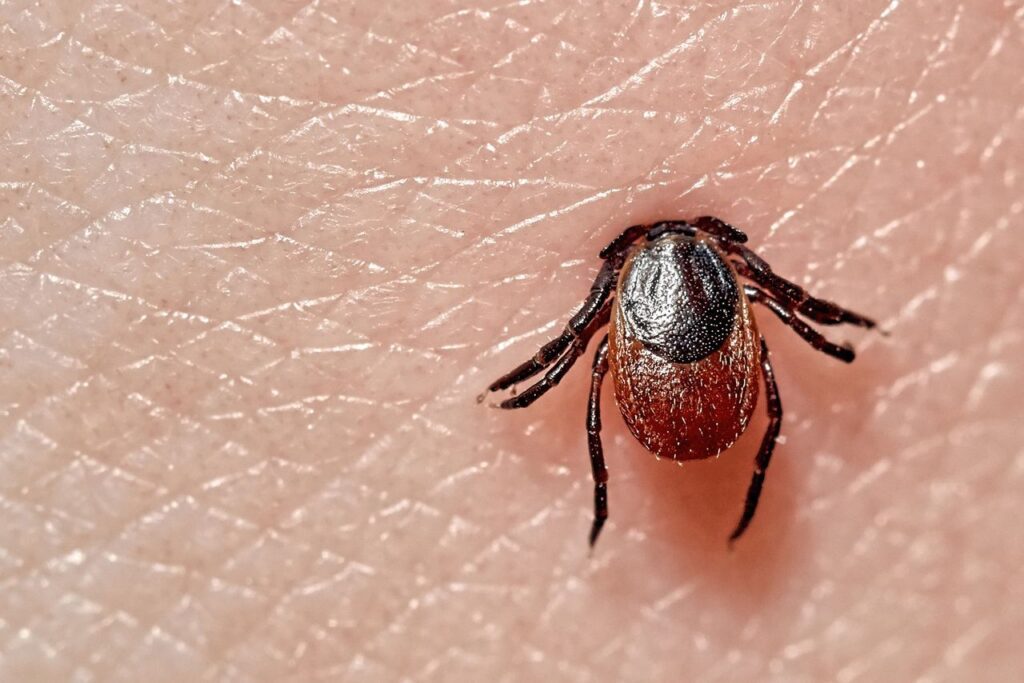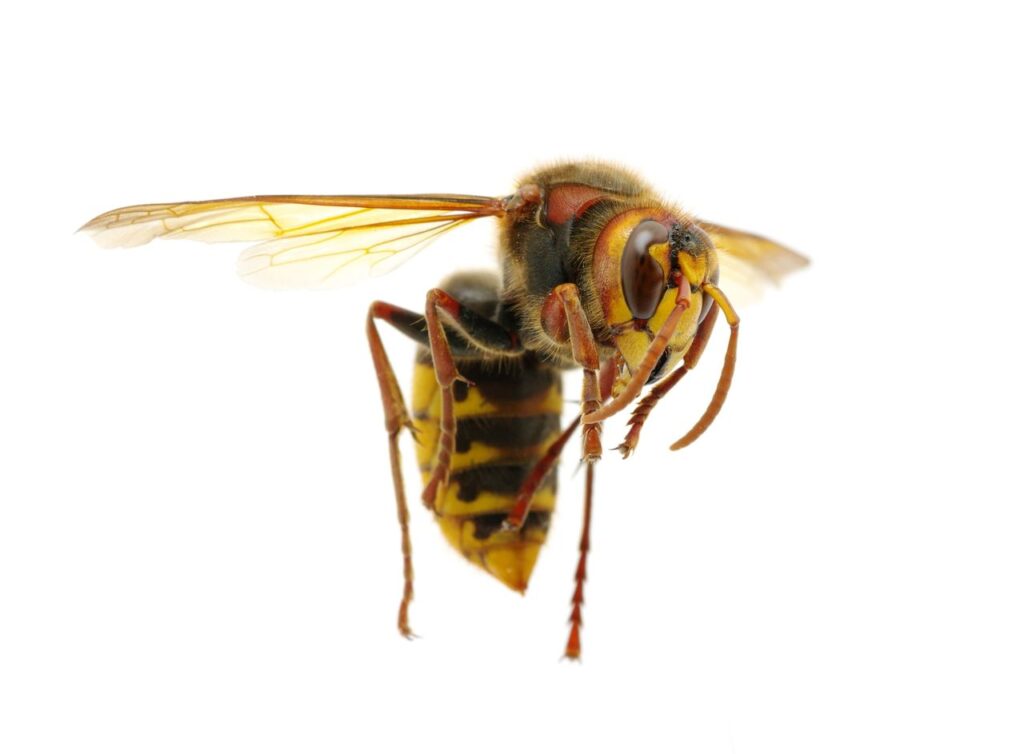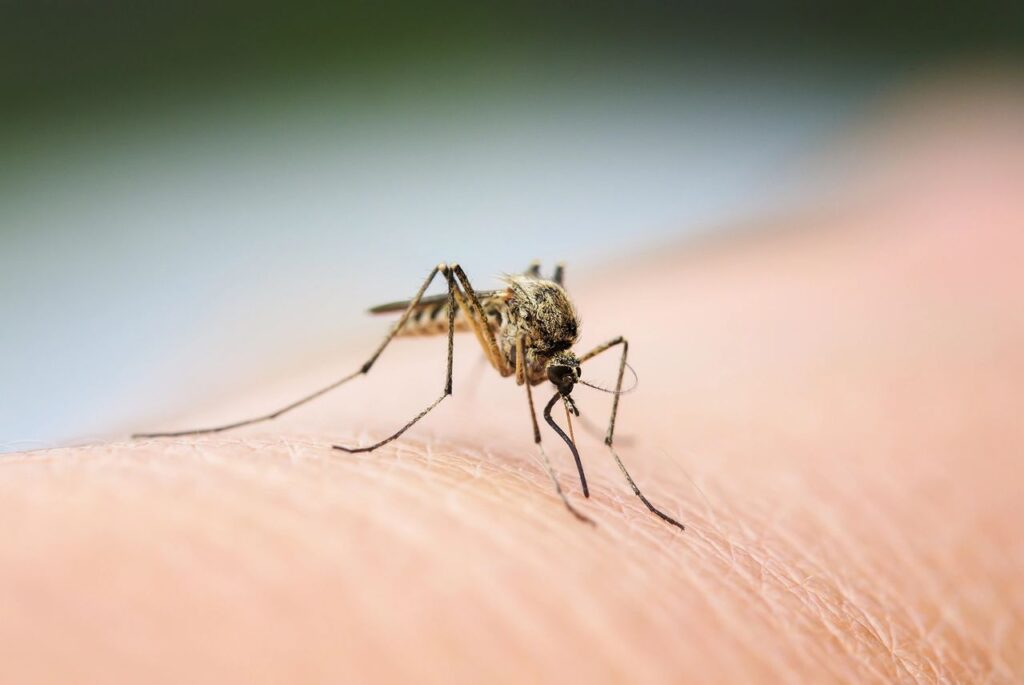Posts by pwsadmin
Preparing For the Cicada Invasion
Mid-May marks the first time in 13 years that Brood XIX, also known as the Great Southern Brood, will be sweeping through the Southern states. The Oklahoma State University Extension Office has said that the brood is known to show up in eastern Oklahoma. In the eastern US, there are two types of cicadas commonly…
Read MoreRodent Awareness Week – Rodent Control
Are you ready for the winter months ahead? Rodent Awareness Week is here which means it is time to inspect our homes for entry points so that we can get ready for winter, getting the yard free of debris, cleaning out the gutters, checking the windowsills, soffit vents, attic activity, dryer vents, dryer ducts, garage…
Read MorePest Of The Month: Earwig
In 1907, the first earwig was identified in Seattle, Washington. Due to myths and old European superstitions, it was given this rather unnerving name. Contrary to what people originally thought, though, the earwig is relatively harmless. Their pincers aren’t even large enough to agitate the human skin. Earwigs generally live outside in compost piles or…
Read MoreTermites – The Basics
No one likes termites, even moreso when they’re in your home. The last thing you want to hear is that you have termite damage. Ever year, termites cause billions of dollars in damage and the owners spend over two billion dollars treating them. As always, today we’re going to focus on the basics of these…
Read MoreAbout The Deer Tick
As the weather gets warmer, more bugs start to make their appearances. Among them is the Deer Tick, an orange/brown insect with dark legs. Found in the north-eastern, mid-Atlantic, and the south east/north central regions of the United States, ticks lay eggs each spring in clusters of 3,000. Not only do their bites produce an…
Read MoreSummer Stinger: Hornet
Hornets are closely related to yellow jackets, even resembling them. In tropical Asia, Europe, Africa, and North America, there are about 20 hornet species. During the winter, hornets will abandon their nests. Only new queens – and their eggs – survive winter by finding areas under tree bark or inside our homes. Once spring comes…
Read MoreThe Risk of Mosquitoes
Imagine you’re having a get together with your family at a lake. A grill is going, kids are running around having fun, and the smell of food drifts on the wind. It’s a pleasant time, but then you hear a whining noise in your ear. It’s a small insect, roughly 1/8 of an inch long,…
Read More
